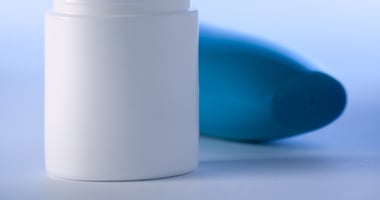Intranasal esketamine taken twice weekly can rapidly reduce symptoms of people with...
Repeat Ketamine Infusions Found to Have Cumulative, Sustained Antidepressant Effects
 |
“Although the antidepressant effects of ketamine become evident within a few hours or one day of a single infusion, the benefits generally disappear within one week,” wrote Jennifer Phillips, Ph.D., of the Royal’s Institute of Mental Health Research and colleagues. As the clinical use of ketamine increases, studies like this can help identify the ideal course of long-term treatment to maximize benefits with the least number of ketamine infusions, the authors wrote.
The study included 41 participants who met DSM-IV-TR criteria for major depressive disorder and had failed at least two six-week trials of other antidepressant medications and two six-week augmentation trials prior to the present episode.
For phase one, all participants received separate infusions of both ketamine or midazolam (order determined at random) at least seven days apart. Patients whose symptoms returned to baseline—assessed using Montgomery-Åsberg Depression Rating Scale (MADRS) scores—proceeded to phase two and received six open-label ketamine infusions thrice weekly over a two-week period. Participants who showed an antidepressant response (defined as a ≥50% decrease in MADRS total score from baseline) after three weeks proceeded to phase three and received once weekly ketamine infusions for an additional four weeks.
The results of the first phase demonstrated that ketamine provided a superior antidepressant response to midazolam at all measured time points (2 hours, 24 hours, and 7 days post-infusion). All 41 participants returned to baseline and proceeded to phase two. In phase two, 23 participants (59%) achieved an antidepressant response, including 9 of 11 patients who responded in phase one. “This suggests that ketamine may differ from other medications used to treat mood disorders, with which patients may fail to achieve a response after relapse if a medication is discontinued prematurely,” Phillips and colleagues wrote.
An average of three infusions was required to obtain a response, and the MADRS total score decreased by an average of two points with each infusion. These improvements in mood remained stable throughout the four-week maintenance phase. No serious adverse events were reported during the trial.
For more information, see the Psychiatric News article “ ‘Cautious Optimism’ Marks Outlook for Ketamine, Mood Disorders.”
(image: iStock/slobo)






